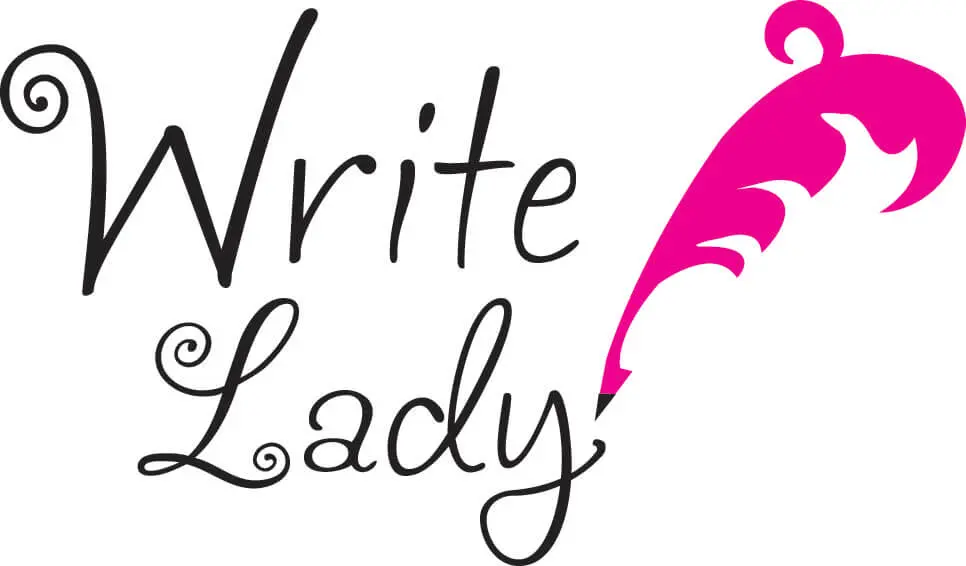Have you ever caught only a fragment of what someone said but nodded or smiled as if you’d heard every word?
Alternatively, have you ever observed that kind of reaction towards you, indicating the other person did not hear you correctly?
Besides peripheral noise or physical distance, is it possible that a more fundamental barrier prevented you from connecting?
I offer a personal account of a weird exchange—I wouldn’t call it a conversation—between another woman and me to point out a trait we must possess—or channel—to communicate successfully.
The Job Whisperer
Shortly before finishing graduate school, I attended a university-sponsored job fair for business students. Stationed at tables with their signage, typically two or three representatives from each participating company were on hand to interact with students, give out brochures and business cards, and accept resumes.
An animated vibe prevailed, as students and recruiters were eager to accomplish their goals—secure jobs and fill positions—by exchanging pertinent information and leaving positive impressions. Since the spacious room wasn’t noisy, people were easily conversing in a normal tone of voice.
Well … with one exception!
As I paused to consider the display for a company that was not on my target list, two recruiters called me over. One immediately excused himself to speak with another student, leaving the other representative to continue chatting. Serving as a gatekeeper for a woman (likely his superior) who had remained seated behind a table, he led me to meet her when she was free.
The distance between us was no more than three feet, yet her voice was so soft that I could not comprehend enough words in sequence to make sense of her monologue. My hearing was perfect, so I looked to the fellow who’d introduced us for clarity. He stood by smiling, as if nothing were amiss.
What was I missing? I had no idea. Moreover, I didn’t care. The woman had lost me at “hello”—or whatever she’d whispered—I thought, how bizarre for a professional in her position to carry on in this manner!
If her whispering stemmed from a problem, such as from wearing out her vocal cords during the event, then the team should have devised a remedy. Her subordinate could have relayed her message/asked questions on her behalf. She could have provided printed material. If whispering had been a ruse to test whether candidates were inquisitive enough to admit they couldn’t hear her, I had no affinity for a culture that promoted gotcha tactics.
Today, I would have stated, “Excuse me for interrupting, but I can’t hear you.” Less confident then, I smiled and nodded throughout the two-minute encounter that felt more like ten.
Annoying and awkward, the experience negated any interest I might have had in pursuing a job with that company. I didn’t care to know what she’d whispered or her reason for it. Likewise, demonstrating her lack of curiosity about me, she abruptly dismissed me by turning to the next student.
This story is not an unsolved mystery that plays on my brain. I remember the incident clearly for highlighting a noteworthy point: curiosity empowers communication.
In other words, without curiosity to question and validate all that matters (who, what, when, where, how, and/or why), people merely go through the motions of giving and receiving information.
Did you catch that?
Sallie W. Boyles, a.k.a. Write Lady
Thoughts or questions? Please contact Sallie Boyles, owner of Write Lady Inc., to exchange ideas about effective communications and gain from professional writing and editing services. Receive monthly tips and insights by subscribing at https://WriteLady.com.
